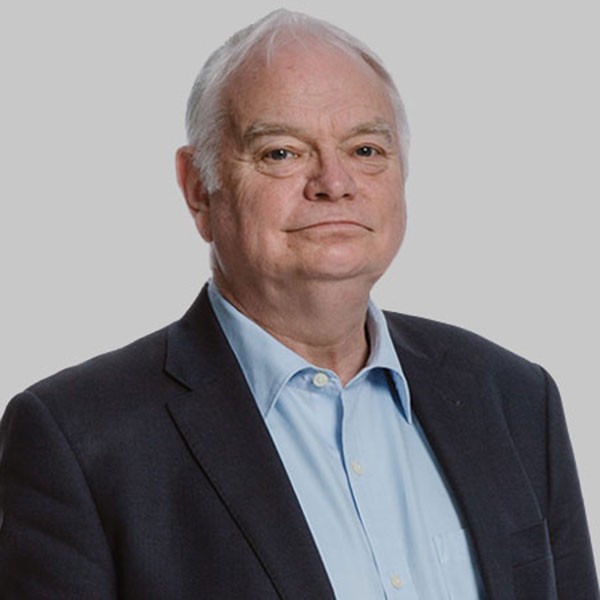
I was in New York when the greatest Ponzi scheme the world has ever known, that of Bernie Madoff, collapsed. Coincidentally, at the same time, the BBC was in the midst of showing an excellent serialisation of Charles Dickens’s novel Little Dorrit back in the UK.
Little Dorrit, of course, features one of the greatest fictional portrayals of a Ponzi scheme, the one run by a Mr Merdle. The two financial scandals – one fictional, one real – happening alongside each other just reminded you that nothing is new.
However much people try to create safeguards and regulations, the same old stories unfold. People will be attracted to an investment scheme that pays out returns that seem to be too good to be true until the day – in Madoff’s case, the financial collapse of 2008 – when everyone potentially wants their money back and it’s not there.
Madoff died the other day, still in prison, aged 82 – and still, technically, with another 130 years or so of his sentence to serve. Reading the obituaries, I was reminded of another angle of the scandal, again all too often and recurring. His auditor worked out of a small shop in a tiny village north of New York. He was the only qualified accountant in the firm.

It is one of those business trends that people never notice; they are too focused on the grief and the turmoil
Upside-down market
It is an extreme example, but it reminds us that regulatory pressures to drive audit and advisory services away from the biggest international networks and spread the work amongst smaller firms don't always work. But we are living through a time when reform and change may come not from political pressures but simply from a market that has been turned upside down by the pandemic.
It has always happened at times of change. When the great accounting firm merger mania struck in the late 1980s, small groups of partners within the firms grabbed their chances and struck out on their own in niche markets.
If people don’t become too obsessed with the tales of the downside, they'll find that niche markets are there for the taking
It happened again at the same time that Madoff’s fraud came to light. The financial crisis opened doors as large organisations fell apart. The brightest and most agile of accountants and consultants did it all once more, setting up niche houses.
The pandemic has now done the same. Imagination and flexibility become the most valuable of skills. And the pursuit of niche advisory markets has again become the main objective.
The markets have noticed. The value of the companies being served has taken off. It is the smaller listed companies in the UK that are the stock market darlings now. The FTSE index of small market capitalisation equities is almost 70% up on last year.
Waves of opportunity
It is one of those business trends that people never notice; they are too focused on the grief and the turmoil. But these opportunities come in waves – the fallout from the big accounting mergers, the great financial crisis and, now, the pandemic. If people don’t become too obsessed with the tales of the downside, then they will find that niche markets are there for the taking.
Once again, the frustrated souls from within the big accounting and advisory firms are setting up their own small groupings. And clients thrive on it.
‘Clients ask for experience and expertise rather than a brand’, says Chris Biggs. Once he was with accounting giant PwC sorting out the wreckage of Lehman Brothers in the days of financial collapse. These days, he is a partner with Theta Global Advisors, which, just to underline the message, describe themselves as an ‘accounting and consultancy disruptor’.
Quick and agile
And they do what it says on the tin. ‘We can move quicker. We are more agile’, he says. And not going near the world of audit, they enable clients to skip free of the conflicts of interest that abound amidst the Big Four firms. ‘Clients see the value’, he says. ‘They are not just fishing for lower rates’.
This is how the accounting world changes. Dropping convoluted reform on them from above doesn’t rule out a rogue Madoff. But what seems like cataclysmic change to the established order creates the space in which niche players can thrive and change the world.



